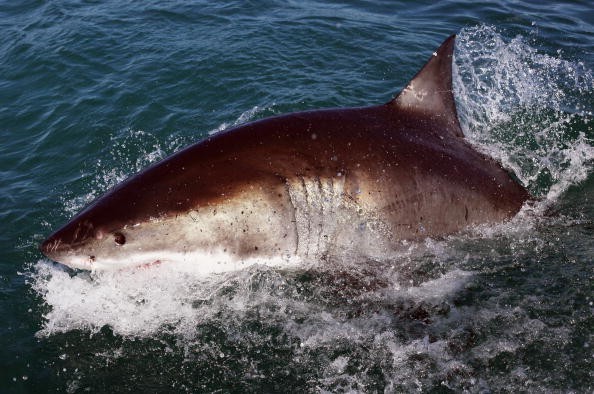
There is no denying that animal enclosures like zoos and aquariums have been under great scrutiny in the last few years. While there are some arguments backing up the need to keep some species captive in the spirit of preventing their extinction, animal rights groups like the People for the Ethical Treatment of Animals or PETA are vehemently against animal enclosures citing how zoos and aquariums inhibit animals from fulfilling their basic needs.
Last week, Japan's Okinawa Churami Aquarium came under fire when the enclosure formally announced that an 11.5 foot great white shark in its captivity has died a mere three days after it was supposedly caught in the area southwest of the country.
In a report by Associated Press, it was explained that the shark was initially doing well. However it eventually grew weak and sank to the bottom of the tank. It has refused to eat following its capture.
"We had been displayed the shark in "the Sea of dangerous sharks" tank from January 5th, 2016 but, the shark's condition took a sudden turn worse and we confirmed its dead January 8th" read the announcement on the aquarium's official website.
Keiichi Sato an expert from the Okinawa Churami Aquarium has since spoken out about the shark's death According to Sato, the great white's fate would not be in vain as the experience has furthered the research surrounding the species saying:
"We have almost no knowledge about (the great white's) nature, so although it died we would like to share what we learnt from this experience with researchers of the world."
PETA have voiced out their displeasure with the entire ordeal. The organization through Jason baker, PETA's vice-president of international campaigns, have stated that the cause of the shark's death is crystal: captivity.
The Okinawa Churami Aquarium has yet to comment on PETA's statement.



